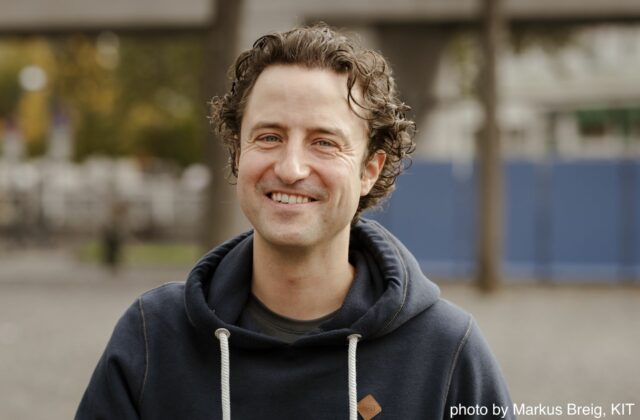Project title
The Complexity of Opinion Dynamics
Project description
Digital communication platforms (e.g. Facebook, Twitter, LiquidFeedback) are complex systems, as they allow vast numbers of users to create, share, evaluate, and adjust content in short time. One the one hand, research by social-psychologists, computational social-scientists, and communication researchers is providing growing insight into how users select online services, choose content to consume, create content, and form political views online. On the other hand, there is a gap in the literature concerning the collective consequences arising from the interplay of these individual decisions. When will individuals’ tendency to connect to likeminded users make social-networks segregate into homogenous bubbles? When will individuals’ tendency to consume popular content turn some content viral? When is the individual tendency to resort to online echo chambers strong enough to generate collective opinion polarization? When will these dynamics support democratic debate?
Selected publications
Marijn Keijzer, and Michael Mäs (2022). The complex link between filter bubbles and opinion polarization. Data Science, (Preprint), 1-28.
Marijn Keijzer, Michael Mäs, and Andreas Flache (2018) Communication in Online Social Networks Fosters Cultural Isolation. Complexity.
Michael Mäs, and Dirk Helbing (2017, online first) Random deviations improve micro-macro predictions. An empirical test. Sociological Methods and Research.
Michael Mäs, and Karl-Dieter Opp (2016) When is ignorance bliss? Disclosing true information and cascades of norm violation in networks. Social Networks. 47 116-129
Michael Mäs, and Heinrich Nax (2016) A behavioral study of “noise” in coordination games. Journal of Economic Theory. 162. 195-208
